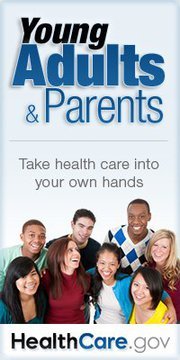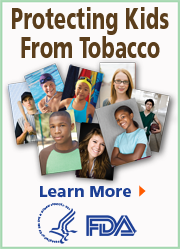Several manufacturers, including Pfizer Inc. and Merck & Co., are warning users of certain injectable drugs not to use the disinfecting pads or swabs that came with the drugs, citing possible contamination. The alcohol prep pads and swabs, which are used to sterilize the epidermis prior to an injection, were recalled earlier this month by the supplier, Triad Group, due to concerns about potential contamination by an organism that can cause life- threatening infections.
Triad, of Hartland, said it had received a single report of a non-life-threatening skin infection "out of hundreds of millions of products sold." Since Triad's recall note, many drug makers have issued their own alerts about the recall. Pfizer and its partner Progenics Pharmaceuticals Inc. said 02/02/2011 they have suspended shipments of injectable formulations of anti-constipation drug Relistor until the Triad-supplied alcohol pads can be replaced. The companies said they would start shipments again as soon as possible.
Representative of Pfizer said the suspended shipments would have no critical economic impact, and that single vials of Relistor continue to be sold. GlaxoSmithKline PLC said some of the Triad pads may have been included in U.S. packaging for starter kits for the blood-thinning medication Arixtra. Roche Holding AG said Triad pads are distributed with several drugs including the Boniva bone-building remedy and hepatitis C treatment Pegasys. Bayer AG said the Triad pads are packed for use in the U.S. with multiple-sclerosis drug Betaseron.
“Triad pads were distributed with Pegintron, a treatment for hepatitis C, and a associated drug, Intron A, outside the U.S, Merck said. Also Merck confirmed that the drugs distributed in the U.S. aren't affected. Merck said it will start out packaging orders for the drugs without alcohol prep pads until an appropriate alternative has been identified. Furthermore, Health Canada said Teva Pharmaceutical Industries Ltd. is advising patients taking the Copaxone MS drug not to use any Triad pads.
The pharmaceutical companies said their medicines weren't contaminated, and that they can resume to be used as directed, except that any Triad pads or swabs should be discarded. Triad said in the beginning of 2011 the recalled products were distributed in the U.S., Canada and Europe. Some were made for third parties including drug distributor Cardinal Health Inc. and drugstore chains Walgreen Co. and CVS Caremark Corp. As alternatives, patients are advised to use pads or swabs supplied by other manufacturers, or use a gauze pad or cotton ball to administer 70% isopropyl alcohol to the injection site.
Instructions for how to return the recalled products are available by calling the Wisconsin-based company at 262-538-2900. More facts about the Triad recall might be found on the Food and Drug Administration's website.







